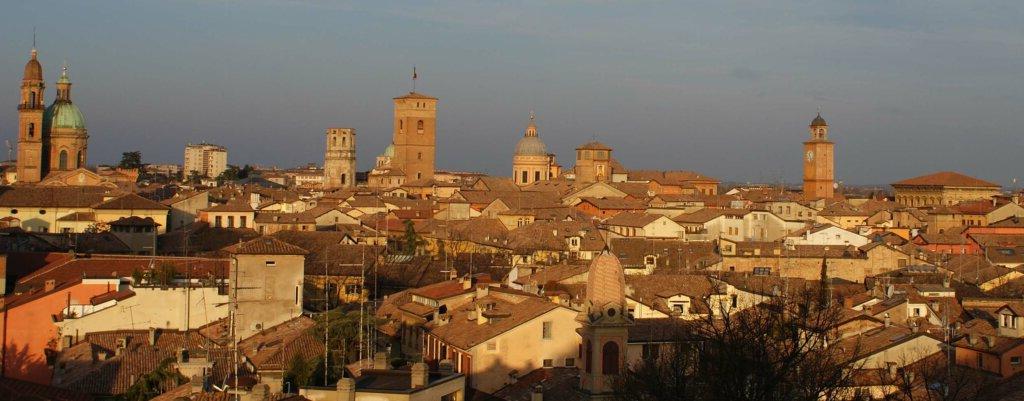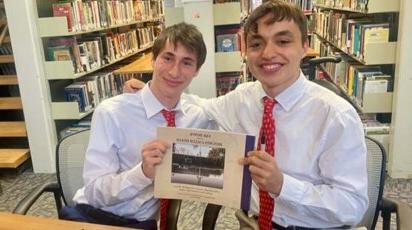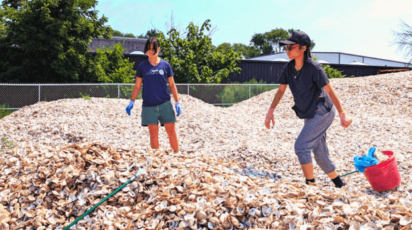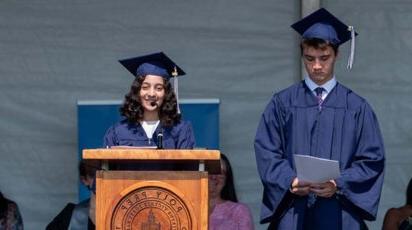News
Nursery Teachers Attend the Reggio Emilia Program in Italy
Cultural immersion is part of the recipe for visionary education at Poly Prep
One way that Poly faculty members and school leaders cultivate a world-class and innovative education responsive to the needs of each student is through continued pedagogical study. Our teachers foster a culture of enthusiasm for the continued acquisition of knowledge and direct engagement with fellow educators in the global community. Throughout the year, teachers are provided with invaluable travel opportunities for professional development which offer new perspectives on the limitless possibilities of what school life can be for students. These conferences, supported by Poly’s community through Annual Giving, encourage educators to revisit systems, routines, and structures with expanded philosophies and fresh eyes. Professional development is a crucial part of our school’s academic success. It reminds us that being open to change is an important part of ingenuity in life and education.
“Here there are children and adults seeking the pleasure of playing, working, talking, thinking and inventing together, occupied in learning how the being and the relations of things and of people can be researched, made better, and enjoyed in friendship.”
– Loris Malaguzzi, Italian educator, philosopher, and the founder of the Reggio Emilia approach to early childhood education.
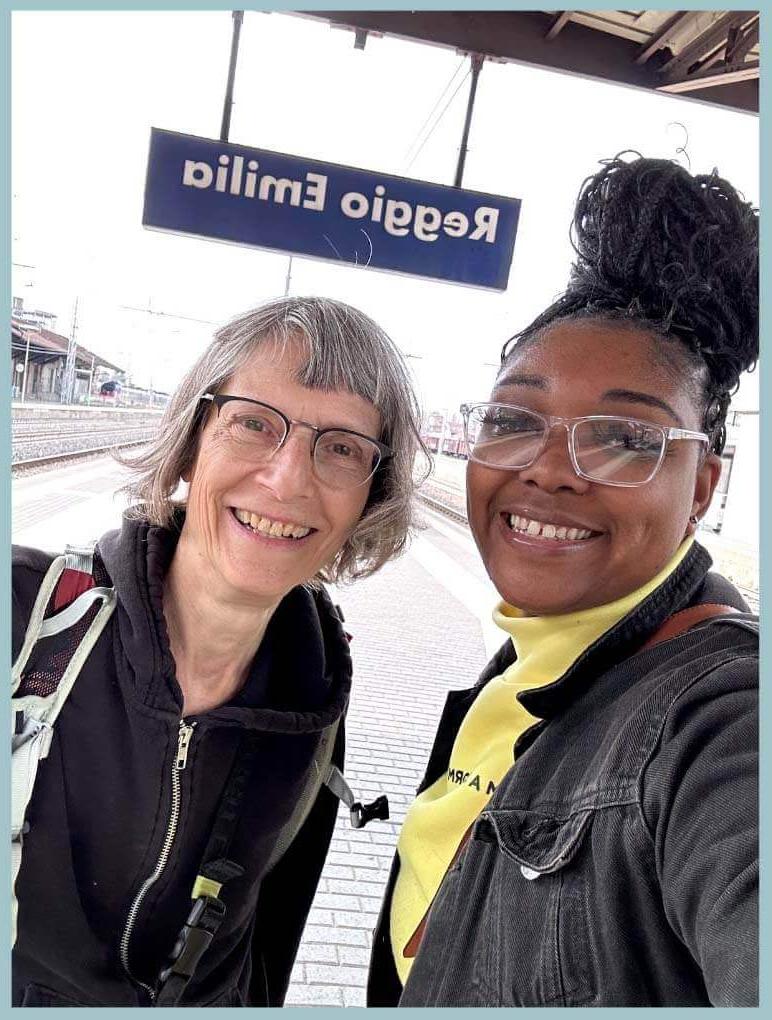
In the spring of 2024, four Lower School educators Shirley Dayes, Denise Fraifeld, Katherine Simon, and Kyonna Stevens, flew to Bologna, Italy to attend the Reggio Emilia Program in the ancient city of the same name. The program emphasizes “the importance of self-directed learning, creativity and socialization.” As noted on the official website, its values are aligned with the spirit of joyful, hands-on learning at the Lower School: “To make a lovable school, industrious, inventive, liveable, documentable and communicable, a place of research, learning, re-cognition and reflection, where children, teachers and families feel well—is our point of arrival.”
Reggio Emilia Program
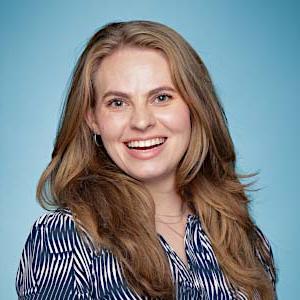
The five-day program consisted of keynote speakers, study groups, group discussions/activities, school and classroom visits, pedagogical modeling, and more. Each day, they attended talks led by leading thinkers and innovators in early childhood development and attended workshops where they experimented with the philosophies discussed. The program allowed for diverse dialogue and exchange. A few of the conference’s presentations included “The pleasure and the risk of learning: the competence to live,” “Climbing & Acrobatics. The body as a matrix of learning,” and more. Attendees were educators across disciplines and geographical locations, brought together by a common desire to create classroom environments that evoke creativity, a love of learning, and one that prepares students to learn collaboratively and with confidence.
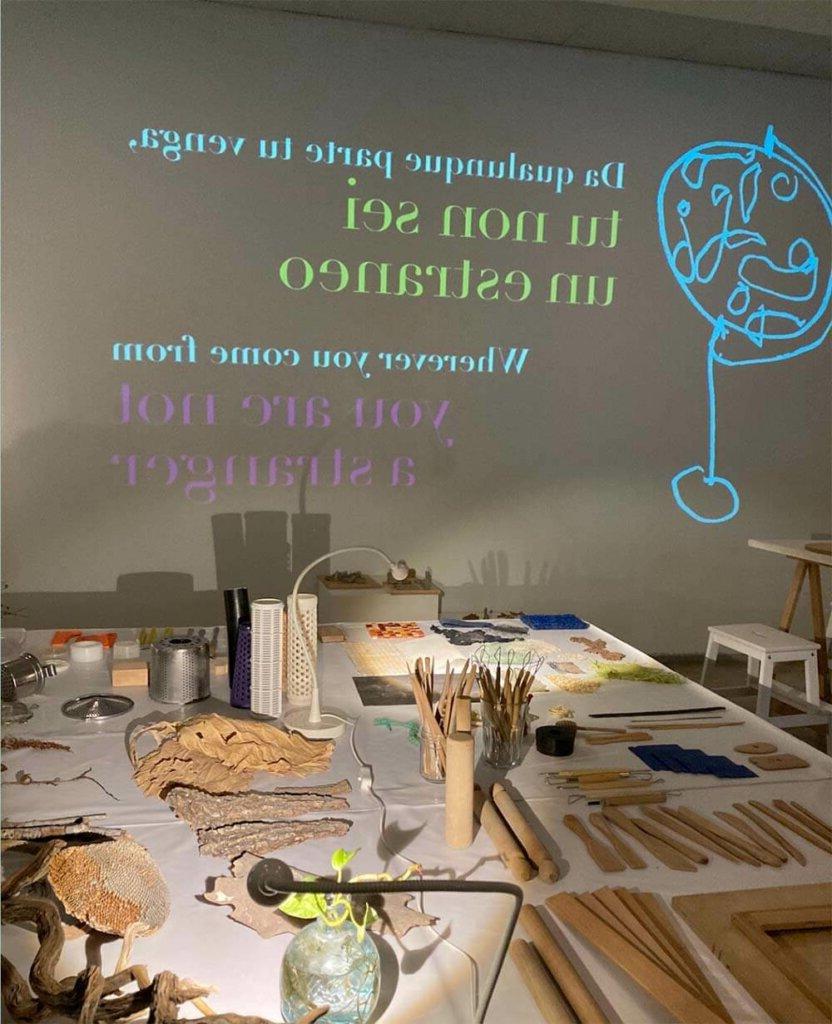
For our Poly teachers, the trip overseas also afforded them a unique opportunity to connect with one another in a way that only a shared adventure does. They bonded as they discussed the speeches, research, the Italian classrooms, approaches to teaching, and more. Upon return, they felt a new cohesion and improved communication among themselves—all a positive model for our students.
The program promotes collaborative work between students, and a focus away from progress and the end product. It is all about the process of learning and working with materials in a new way, creating authentic opportunities for students to explore.
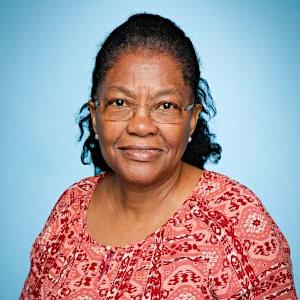
New Perspectives
Each teacher left the experience with their own seed of inspiration and appreciation for the exposure to international philosophies on early childhood education. The Reggio Emilia Program allowed for cultural exchange that inspired teachers to view familiar materials with renewed creativity of exciting student-focused exercises.
Through observing a classroom and school in Italy, long-time Nursery Head Teacher Shirley Dayes shared: “It was an amazing experience. Taking in how the classroom is utilized to maximize learning and generate student excitement—and how the playground and outside environment, the display of materials, and color were all part of the classroom and learning experience.”
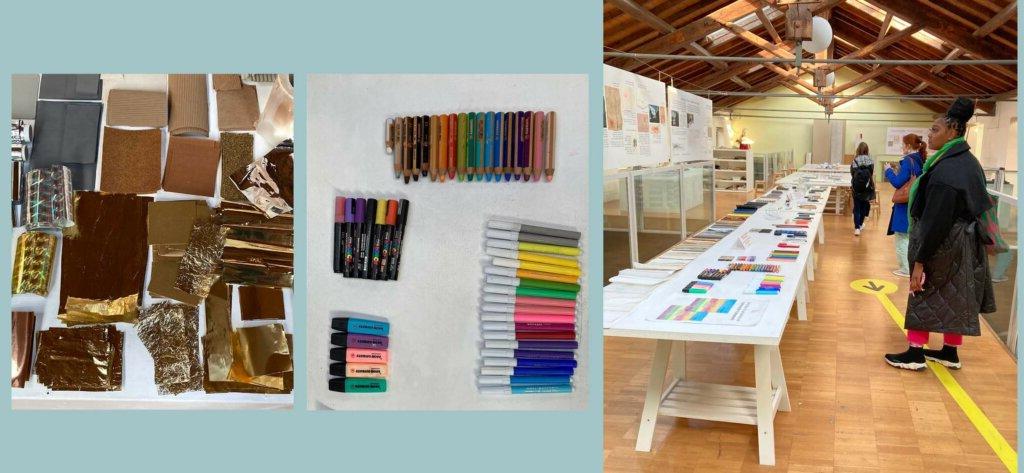
Associate Nursery Teacher Denise Frafield spoke of the inspiration from the program that she carries with her. “There was a workshop in particular that stood out to me as inspiring,” she said. “I recall the workshop leader using the term “risk” that exists when we try new things and encourage the children to explore. He compared it to the risk of birth and growth—the development from birth to adulthood—all involve risk. He ended his remarks by suggesting the visiting teachers share with colleagues the beauty of what we get from incorporating risk, just like the amazing acts of acrobatics or our very first acrobatic act which is being born.”
In one exercise, students are asked to take clay, not being given any other tools to shape the clay over a period of time, then that [exercise] becomes a lesson about touch, as veteran teacher, Dayes shared. In another, students are presented with a vocabulary word, and then a parent who is known as a climber is invited to school to teach a lesson on climbing in the outdoors. In this way, students are taught to physically use their lived experiences to reinforce classroom learning.
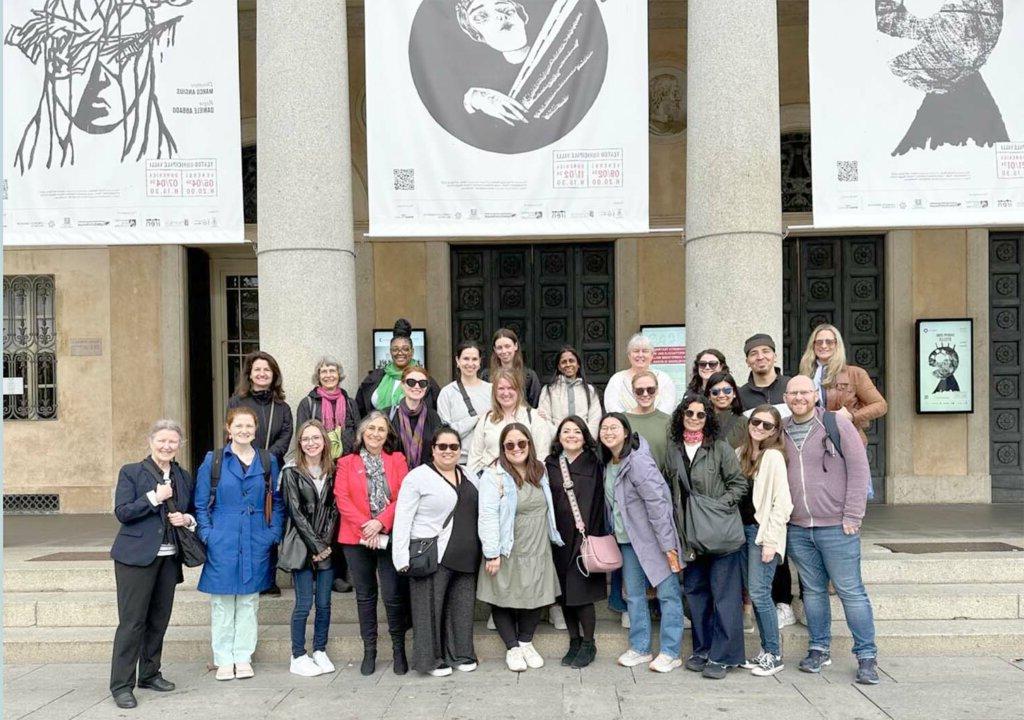
Takeaways
The space between the classroom and the outside world as a place where learning happens is meant to shrink.
One takeaway from the Reggio Emilia program that teachers noted was the idea that the space between the classroom and the outside world as a place where learning happens is meant to shrink. They were inspired to see how every part of school could be an exciting, formative experience of independence, creativity, and collaboration. Teachers could create room during instructional time for student error and self-correction and trust that this may lead to a healthier relationship to failure. With this allowance, students gain confidence and learn resilience as they acquire new skills and knowledge.
